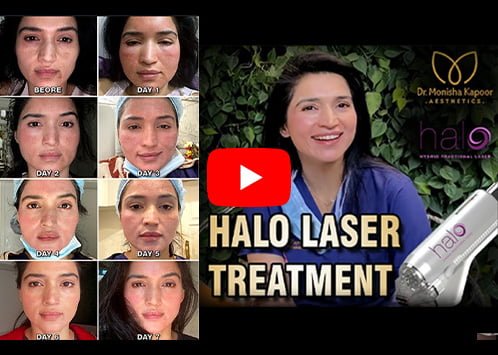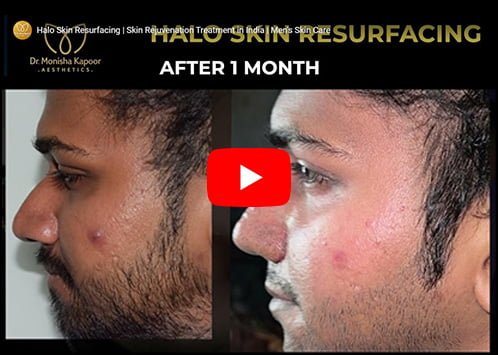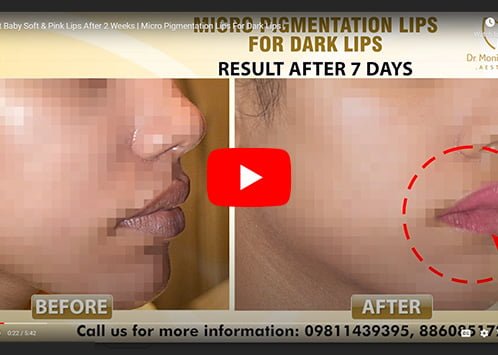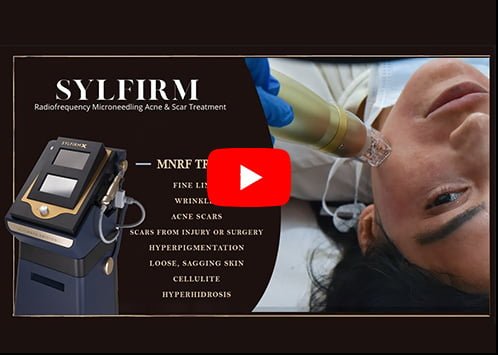Treatment for
Hair fall
Hair fall, also known as hair loss or alopecia, is a common problem that affects many people, regardless of their age or gender. There are various causes of hair fall, including genetics, hormonal changes, stress, nutritional deficiencies, and certain medical conditions. To treat hair fall, you should first identify the underlying cause and address it accordingly.

- Improve your diet: Eat a balanced diet that is rich in vitamins, minerals, and protein. Include foods like eggs, spinach, nuts, and fatty fish, which are good sources of nutrients that support hair growth.
- Avoid harsh treatments: Avoid using harsh chemicals on your hair, such as dyes, bleaches, and relaxers, which can damage the hair and lead to breakage and hair loss.
- Practice good hair care habits: Be gentle when washing and brushing your hair. Use a wide-toothed comb to detangle your hair and avoid using heat styling tools.
- Manage stress: Stress can cause hair loss, so find ways to manage your stress levels, such as exercise, meditation, or counseling.
- Use hair care products designed for hair fall: There are many hair care products available that claim to prevent hair fall. Look for products that contain ingredients like biotin, keratin, and caffeine, which are believed to promote hair growth. Remember, hair fall can be caused by many factors, and there is no one-size- fits-all solution. It’s essential to find the cause of your hair fall and address it accordingly.
- Minoxidil:This is a topical medication that is applied to the scalp to promote hair growth. It is available over-the-counter and in prescription strength.
- Finasteride:This is a medication that is taken orally to treat hair loss in men. It works by blocking the conversion of testosterone to dihydrotestosterone (DHT), which is responsible for hair loss.
- Corticosteroids:These medications are often used to treat autoimmune disorders that cause hair loss, such as alopecia areata. They are usually injected into the scalp.
- Platelet-rich plasma (PRP) therapy:This is a procedure in which blood is taken from the patient and processed to concentrate the platelets. The platelet-rich plasma is then injected into the scalp to promote hair growth.
- Hair transplant surgery: This is a surgical procedure in which hair follicles are taken from a donor area on the scalp and transplanted to the area of hair loss.
- Laser therapy: This is a non-invasive procedure that uses low-level laser therapy to stimulate hair growth. It’s essential to consult with Dr Monisha Kapoor, to determine the underlying cause of your hair fall and to develop an appropriate treatment plan.






